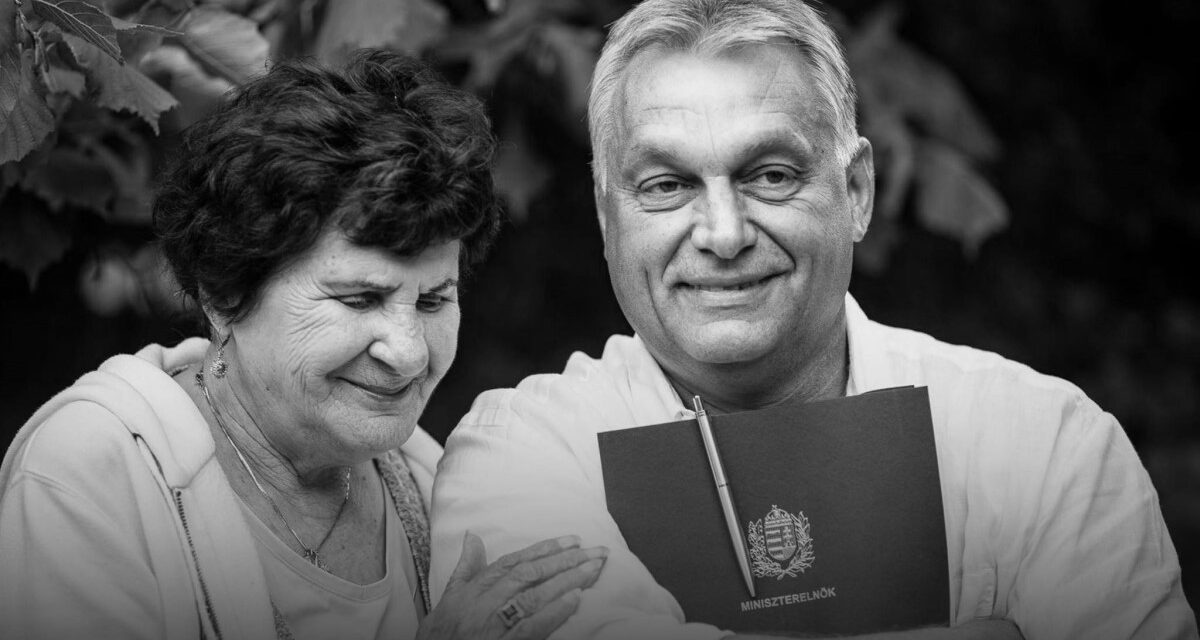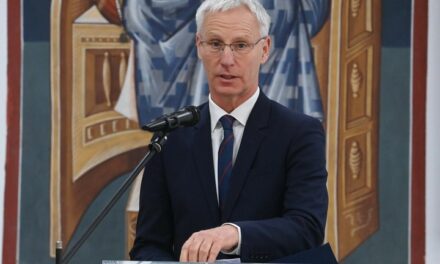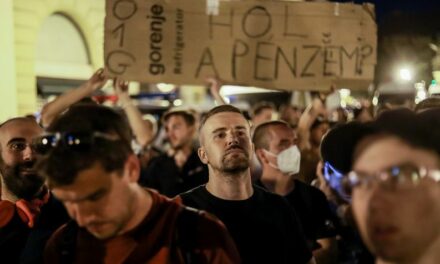The Prime Minister also remembered the hero of 1956.
Mária Wittner (1937–2022), Hungarian politician, member of parliament, hero of 1956, passed away.
"Loyalty unto death. God rest Mária Wittner!"
- writes the Hungarian Prime Minister on Facebook.
The Hungarian Research Institute writes about the death of Mária Wittner (1937–2022), a Hungarian politician and member of parliament, after a long illness. During the 1956 revolution, he was active as a freedom fighter on Corvin Street and Vajdahunyad Street. On November 4, 1956, during the Soviet invasion, he was wounded by landmine shrapnel on Üllői út.
The country got to know its name after the regime change. In the 1956 reprisal, he was sentenced to death, later to life imprisonment, and was released with an amnesty in 1970.
The way of life
MKI writes that if there was someone who had a difficult, yet uplifting life path, it was Mária. And if there was someone who could remain a noble-hearted, simple person all the way through the trials, it was also him. His fate was forever intertwined not only with his generation, but with the entire nation.
Even the start was not easy for him; grew up without parental care. From the age of two until nationalization in 1950, he was raised by the Carmelites, and then he was taken into state care. Dropping out of high school, he worked as a typist in Szolnok and then in Kunhegyes. In 1955, her first child was born, whom she raised alone. He was involved in the 1956 revolution in the capital from the beginning.
He cared for the wounded, and then took part in the armed battles until he was wounded on November 4.
He defected and came home after a few weeks. He was arrested on July 16, 1957, and sentenced to death in the first instance on July 23, 1958. The charge: "participation in an armed organization or armed organization aimed at subverting the state order, multiple undetermined attempted murders, armed robbery, defection". After two hundred days, the sentence was changed to life imprisonment in the second instance. On March 23, 1970, after thirteen years of captivity, he was one of the last to be released.
In 1972, she got married and moved to Dunakeszi, giving birth to her youngest child in 1973. She worked as a seamstress and cleaner until 1987, when she was laid off due to her deteriorating health.
He joined political life in 1989, after the fall of the Kádár regime. He took part in the work of many '56 organizations, and his name came together with his marked anti-communism. On February 25, 2001, the day of remembrance for the victims of communism, he gave a powerful speech in the parliament. Summoning the victims, he accused the "executioners in socialist garb" of falsifying history and looting the country, among other things. He concluded his speech thus: "In the name of the doctrine of the Holy Crown and the Hungarian nation, I declare them moral corpses".
MKI added:
In 2006 and 2010, he joined the parliamentary group of Fidesz.
In the first cycle, he was a member of the employment and labor committee, and in the second, of the human rights, minority, civil and religious affairs committee.
His performance at the 2006 debate that erupted in connection with the celebration of the 50th anniversary of the revolution was memorable. Several organizations and former revolutionaries, including Mária, did not want to celebrate with the representatives of the socialist majority government. They also sharply criticized the official 1956 monument to be erected, which they saw as a symbol of oppression. "Carrying on the truth of 1956 has remained a part of my life," he wrote in his autobiography.
So he never withdrew from public life, he was happy to give a statement and talk about his life, since he was a living witness of '56 and the events that followed, which were full of twists and turns, until his death. God rest her soul!
***
Our newspaper last interviewed Mária Wittner . As he said then: during the siege of Hungarian Radio, he felt that he too had to do something for his country. He took up arms during the Corvin and became a revolutionary in October 1956. Kádárek was sentenced to death in the first degree, life imprisonment in the second degree, and was not released with amnesty.
An interview with Mária Wittner about imprinted memorial images and divine justice, from the October 22, 1956 issue of the weekly Mandiner, can be read here .
Featured Image: Facebook












